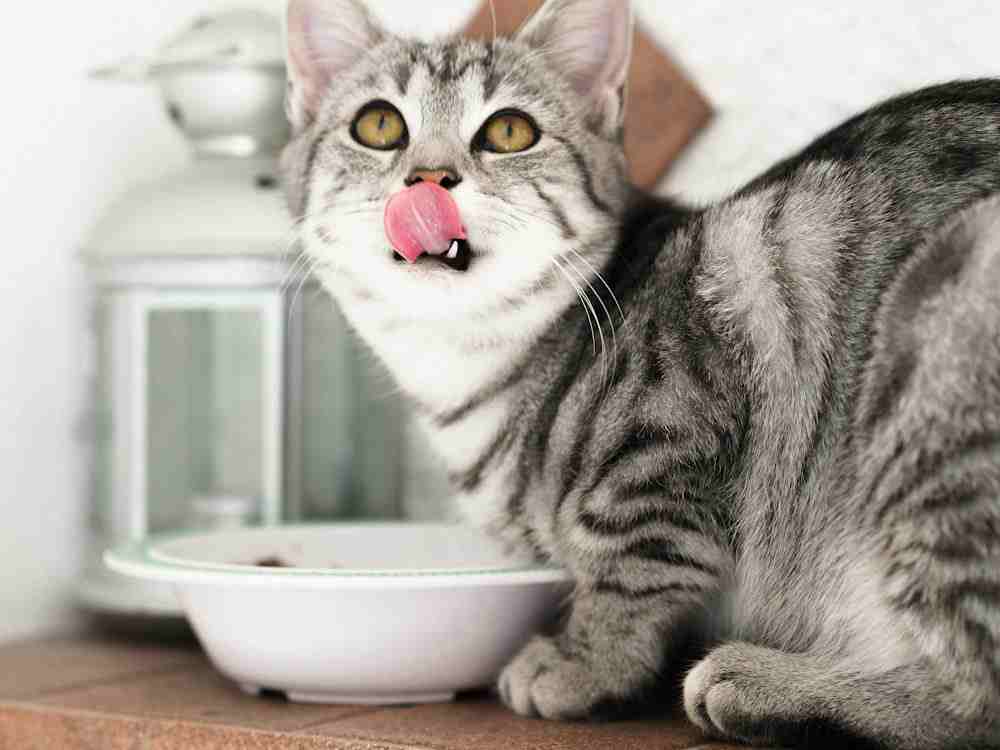Natural Cat Food and Tailored Diet Plans – Cats are beloved companions, and as responsible pet owners, it’s crucial to provide them with a nutritious and balanced diet. The rise of natural cat food and personalized diet plans has gained momentum as pet owners seek to enhance their feline friends’ overall well-being.
In this article, we’ll explore the importance of natural cat food, the key components of a feline-friendly diet, and how personalized diet plans can cater to the unique nutritional needs of individual cats.
The Significance of Natural Cat Food
Natural cat food aims to mimic a cat’s ancestral diet, which primarily consists of meat. Cats are obligate carnivores, meaning their diet should primarily include animal protein for optimal health. Commercial cat foods often contain fillers, artificial additives, and grains that may not align with a cat’s natural dietary requirements. Natural cat food, on the other hand, focuses on providing high-quality, minimally processed ingredients that promote a cat’s overall well-being.
Protein-Rich Formulation
The foundation of a natural cat food diet is a higher concentration of animal protein. This reflects the feline species’ evolutionary need for meat. Quality protein sources, such as chicken, turkey, fish, and lamb, are commonly found in natural cat foods. These proteins provide essential amino acids that support muscle development, immune function, and overall vitality.
Read too: The Importance of Cat Dental Care: A Guide to Feline Oral Hygiene
Limited Fillers and Grains
Unlike conventional cat foods, natural cat food tends to minimize the use of fillers and grains. Cats have a limited ability to digest carbohydrates, and excessive grains can contribute to obesity and other health issues. By focusing on protein and reducing unnecessary fillers, natural cat food promotes a diet more closely aligned with a cat’s natural nutritional requirements.
Essential Fatty Acids
Natural cat food often includes sources of essential fatty acids, such as omega-3 and omega-6, derived from fish oil and other quality ingredients. These fatty acids play a crucial role in maintaining a cat’s skin and coat health, supporting cognitive function, and contributing to overall cardiovascular well-being.
Personalized Diet Plans for Cats
Just as each person’s dietary needs vary, individual cats have unique nutritional requirements based on factors like age, weight, breed, and health conditions. Personalized diet plans cater to these specific needs, ensuring that each cat receives the right balance of nutrients for optimal health.
Age-Appropriate Nutrition
Kittens, adult cats, and senior cats have different nutritional needs. Kittens, for instance, require higher levels of protein and calories to support their rapid growth and development. Adult cats benefit from a balanced diet that maintains their health and energy levels. Senior cats may have specific dietary requirements to address age-related issues, such as joint health and weight management. Personalized diet plans consider these factors and adjust the cat’s food accordingly.
Weight Management
Obesity is a common health concern for cats, and personalized diet plans can play a crucial role in weight management. These plans take into account the cat’s current weight, body condition, and activity level, tailoring the diet to promote gradual and sustainable weight loss or maintenance. Controlled portion sizes and calorie-dense, nutritionally balanced foods help address weight-related issues without compromising on essential nutrients.
Read too: Pet Insurance Health Tips for Your Pet
Health Conditions
Cats may suffer from various health conditions, such as allergies, urinary tract issues, or diabetes. Personalized diet plans can incorporate specific ingredients that address these health concerns. For instance, a cat with food allergies may benefit from a hypoallergenic diet, while a cat prone to urinary tract problems might require a diet that supports urinary health.
Conclusion
Natural cat food and tailored diet plans represent a shift towards prioritizing the unique nutritional needs of our feline companions. By embracing a diet that closely aligns with a cat’s evolutionary requirements and tailoring it to their characteristics, pet owners can contribute to their cats’ overall well-being and longevity.
As with any dietary changes, it’s essential to consult with a veterinarian to ensure that the chosen diet plan meets the specific needs of the individual cat. With a commitment to natural and personalized nutrition, we can enhance the health and happiness of our beloved feline friends.

